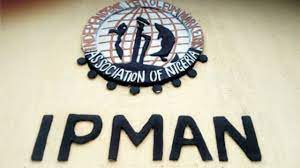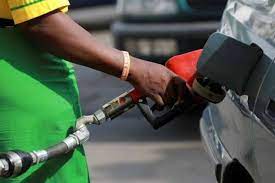The National President of the Independent Petroleum Marketers Association of Nigeria (IPMAN), Chinedu Okoronkwo, has shed light on the recent sudden hike in the pump price of petroleum products in Nigeria. Okoronkwo attributed the price increase to the rising cost of dollars, which is the currency used for importing petroleum products into the country.

In an interview on Arise Television, Okoronkwo emphasized that the cost of dollars plays a significant role in determining the pump price of petrol. Previously, Nigeria had multiple exchange rate windows, with the Central Bank of Nigeria (CBN) offering rates around N400 while the black market rates were around N700. However, the current situation has eliminated the additional exchange rate windows, and the value of the dollar has risen to approximately N800. This shift in the exchange rate has contributed to the increase in fuel prices.
Okoronkwo suggested that exploring alternative energy sources, such as Compressed Natural Gas (CNG), could help alleviate the impact of rising petrol prices. He encouraged the nation to seriously consider adopting CNG as a viable option alongside petrol. By providing consumers with a choice between gas and petrol, the burden of escalating fuel costs could be mitigated.
Furthermore, Okoronkwo emphasized that Nigeria relies heavily on fuel imports as the country does not refine petroleum products domestically. Consequently, the price of these products is influenced by global market dynamics and the cost of importing them.
The Nigerian National Petroleum Corporation (NNPC) recently announced a further increase in the pump price of petrol to approximately N617 per litre. This adjustment comes shortly after the removal of fuel subsidies, which had previously led to an increase in petrol prices to over N500 per litre.
As the country grapples with these fuel price hikes, discussions on diversifying the energy sector and exploring alternative sources are gaining prominence. The government, industry stakeholders, and the public are urged to consider long-term strategies to address the challenges posed by fluctuating fuel prices and ensure energy security for Nigeria’s populace.















